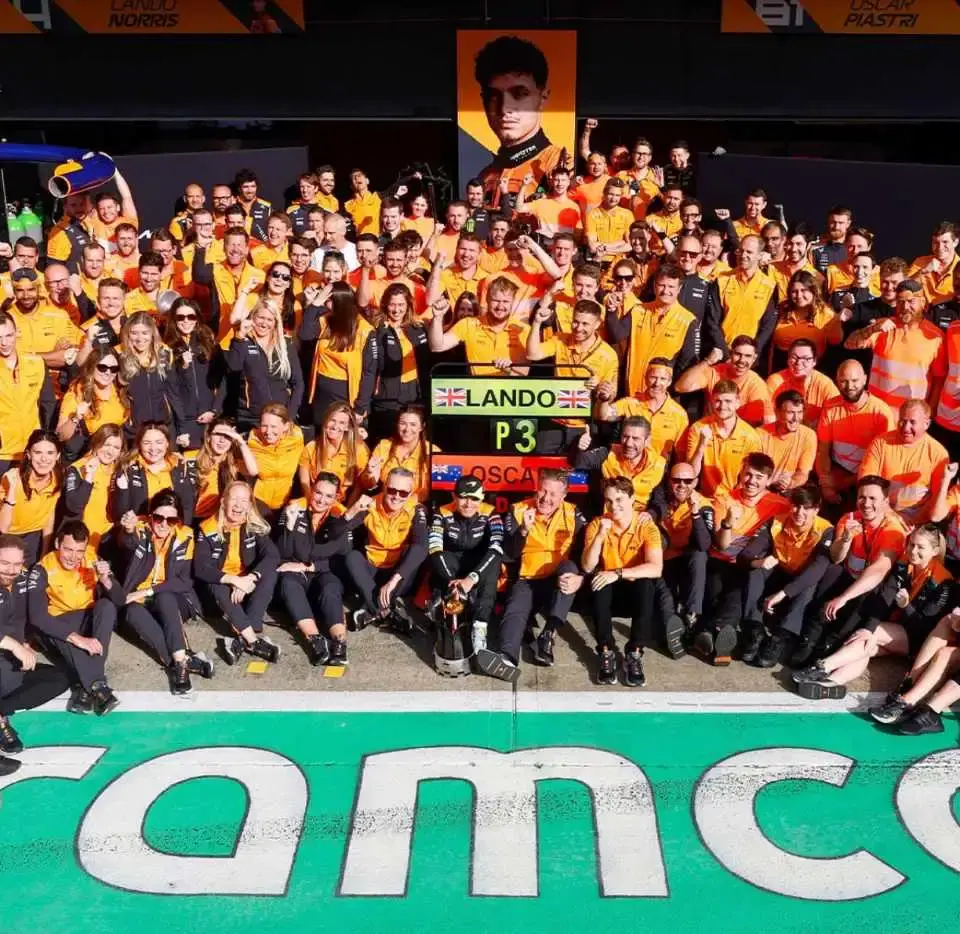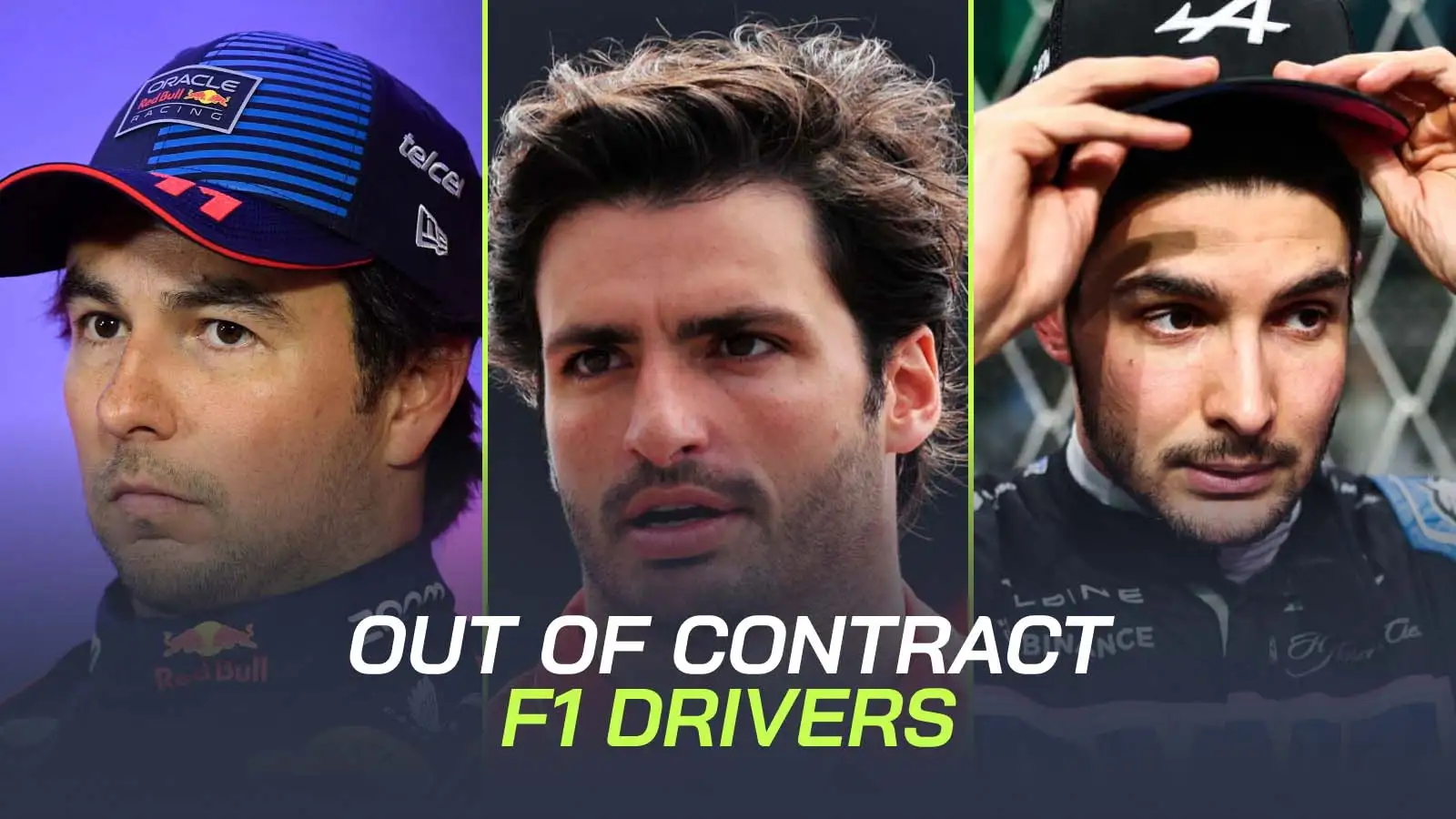A thrilling race at the British Grand Prix left McLaren pondering its strategy choices.
- Lando Norris, poised for victory, ends up third due to a crucial tire decision.
- McLaren’s offer of choice to Norris led to unforeseen consequences on the track.
- Andrea Stella of McLaren admits self-doubt influenced race strategy decisions.
- Reflecting on errors, McLaren acknowledges the impact on Norris’ performance.
In a rollercoaster of a race at the British Grand Prix, McLaren was confronted with the harsh reality of racing strategies gone awry. Lando Norris, a prime contender for the win, found himself in third place due largely to a critical decision regarding tire selection. As the race conditions shifted, McLaren offered Norris a choice between tire compounds, a decision that would inadvertently cost them dearly.
Andrea Stella, McLaren’s team boss, expressed regret over the way the decision unfolded. Rather than directly instructing Norris to switch to the medium-compound tire, which was deemed optimal for the conditions, the team opted to consult Norris. “We wanted to check also with Lando, what his preference was,” Stella noted, reflecting on the choice made during the race.
Unfortunately, Norris chose the softer tire, which quickly degraded and left him vulnerable to competitors like Max Verstappen. This crucial moment in the race opened the door for Verstappen, who capitalized on the strategic misstep to overtake Norris. Stella admitted that the team should have taken a firmer stance, saying, “We should have taken the responsibility to say ‘the medium is just the right tire, we go for it.'”
The decision not only affected Norris but also his teammate, Oscar Piastri. While Norris was pitted, Piastri remained on the track, struggling and losing valuable time, highlighting another layer of McLaren’s strategic miscalculations. In the end, Norris secured third place while Piastri finished fourth, results that, while significant, fell short of what could have been achieved with more decisive strategy decisions.
Overall, McLaren’s choices during the race at Silverstone serve as a potent reminder of the unpredictable nature of Formula 1 racing. The team, though competitive and capable of wins, must grapple with the consequences of their decisions and learn from the setbacks faced.
McLaren’s tire strategy at the British GP highlights the delicate balance between driver input and team decisions, impacting Norris’ race outcome.










